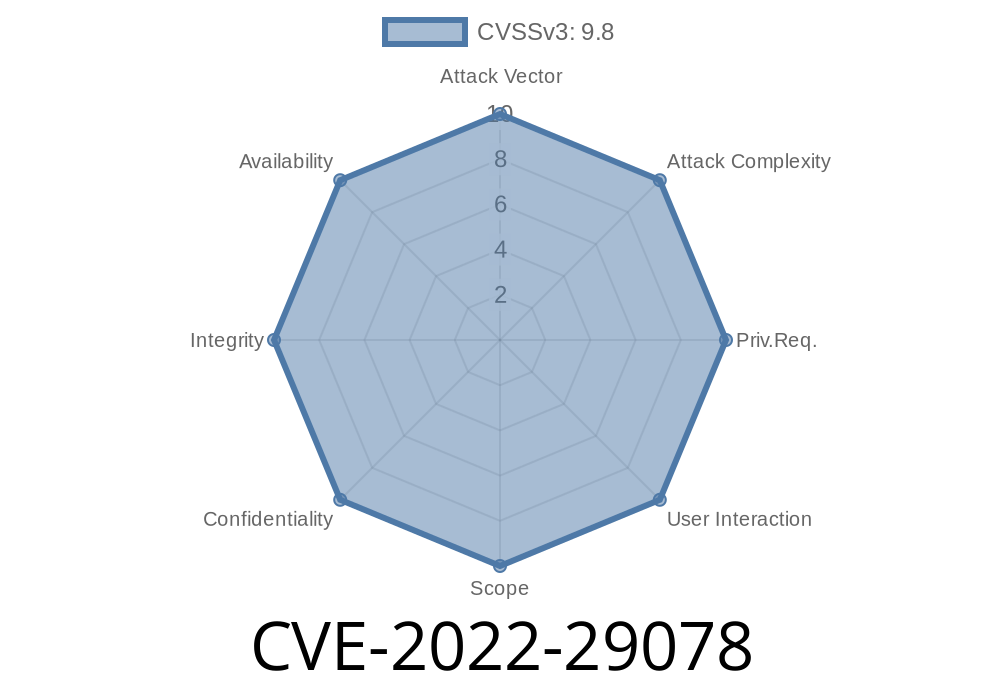This can be used to inject custom code into the server, which can be used for various purposes like injecting custom logic into the view code, displaying data from another service, or even injecting snippets of code into the view code for debugging purposes. To get started with ejs, install the package using npm: npm install ejs --save Now you can use ejs in your server code by injecting the following line into the server: var ejs = require('ejs'); This will create an instance of ejs in the global scope which can be used to inject templates into the server. The following server code snippet will render a welcome message with the message “Hello World” when you access the /welcome route in your server code:var ejs = require('ejs'); ejs.render('{ "title":"Hello World", "message":"Hello World" }', { outputFunctionName: 'welcome' });
ejs-callback -plugin
The ejs-callback plugin is a simple plugin for the ejs template engine which provides a callback API.
This callback API allows you to pass a function as an argument to each render call, and that function will be called when the template finishes rendering. The following server code snippet will show "Hello World" and then print out “Hello World” when it finishes:var ejs = require('ejs'); var ejsCallbackPlugin = require('ejs-callback-plugin'); var myCallbackFunction = function (options) { console.log("Hello World"); }; ejsCallbackPlugin(myCallbackFunction, { title: 'Hello World', message: 'Hello World' });
Timeline
Published on: 04/25/2022 15:15:00 UTC
Last modified on: 08/04/2022 18:15:00 UTC
